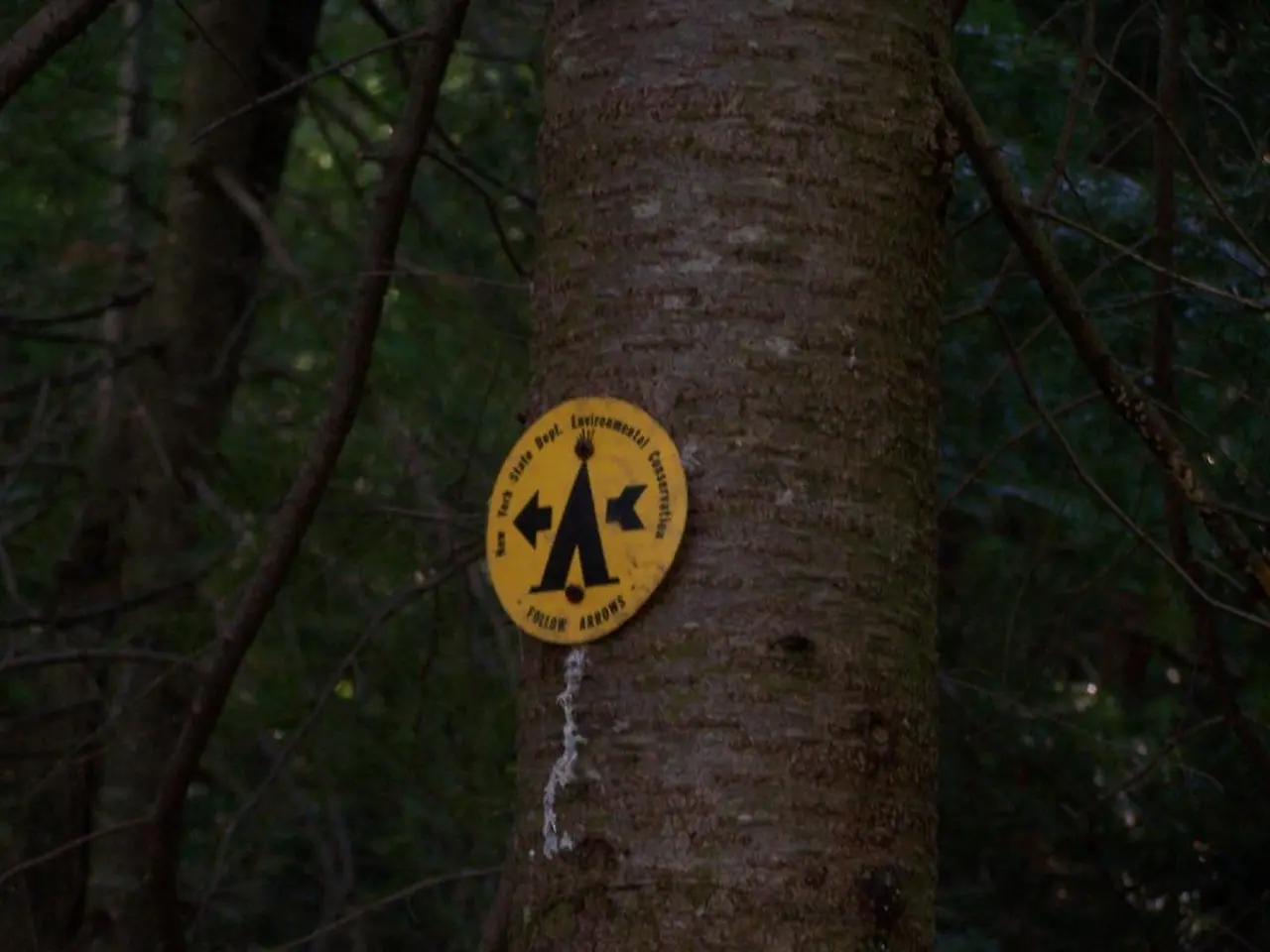Understanding EU Country Risk Classifications: Their Impact on Your Supply Chain's Regulatory Obligations
The European Union (EU) has introduced the EU Deforestation Regulation (EUDR), a new measure that will significantly impact businesses sourcing commodities like coffee, cocoa, palm oil, or timber for the European market.
The EUDR Country Risk Classification List is designed to ensure that imported commodities meet stringent environmental and governance standards. The EU assesses countries for EUDR risk classifications using a mix of hard data and real-world context, considering factors such as deforestation rates, cooperation agreements, the strength and enforcement of environmental laws, and transparency and availability of data.
Companies are encouraged to map their supplier origins, shift volumes to lower-risk countries when possible, implement digital traceability systems, and prepare for audits before they happen. Non-compliance with the EUDR can result in steep fines (up to 4% of annual EU revenue) and reputational damage.
Countries in the high-risk category, such as Russia or Myanmar, will need to jump through more hoops, collect more documents, validate land use history, and trace every step of their supply chain. On the other hand, countries in the low-risk category, such as the U.S., will have quicker and less resource-intensive compliance processes.
To maintain EUDR compliance, businesses need to provide precise GPS coordinates, proof of deforestation-free production, supplier traceability documentation, and chain-of-custody and batch-level audit trails. Digital traceability tools can simplify EUDR compliance by automating due diligence workflows and providing real-time, verifiable data.
Major companies importing coffee beans, cocoa, or palm oil into the EU and affected by the latest EU regulatory updates on their approval strategies include Nestlé, Ferrero, Unilever, and Cargill. Companies are advised to explore the latest EUDR Country Risk Classification List to identify high-risk origins in their supply chain and tailor their due diligence efforts effectively.
The EU's goal with the EUDR is to decouple European consumption from global deforestation, focusing on climate risk, trade fairness, and long-term sustainability. The EUDR aims to force transparency and accountability in imported commodities to prevent global deforestation. Building agility and digital transparency into sourcing systems is crucial to stay compliant, competitive, and credible.
The EU engaged in conversations with some countries to better understand their situations and has published an official list of country benchmarks for the EU Deforestation Regulation (EUDR), categorizing nations into high, standard, or low risk based on their deforestation profiles and governance practices. These classifications will be reviewed and updated annually based on ongoing deforestation data, political governance, and international cooperation. The next review is expected in 2026.
By implementing the EUDR, the EU aims to put pressure on sourcing origins to clean up their act, while rewarding transparent supply chains. The EU's country risk classifications under the EU Deforestation Regulation (EUDR) mandate varying levels of due diligence based on the assigned risk category, with 9% of operators and relevant product quantities checked for high-risk countries, 3% for standard-risk countries, and 1% for low-risk countries.
In conclusion, the EU's new Deforestation Regulation is a significant step towards promoting sustainable commodity sourcing and preventing global deforestation. Companies should take note of the EUDR Country Risk Classification List and take proactive measures to ensure compliance with the new regulations to avoid steep fines and reputational damage.
Read also:
- Postpartum Period and Gestational Diabetes: Does it Persist?
- Controlled spree of Legionnaires' disease among Harlem residents ceased, city health authorities confirm; however, locals push for increased openness and information disclosure
- Transform City for the Better
- Prostate Cancer Examination Guidelines, Outcomes, and Financial Aspects







